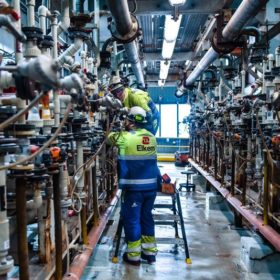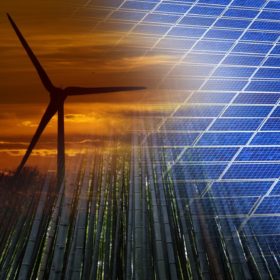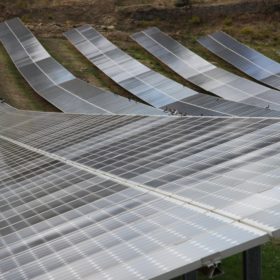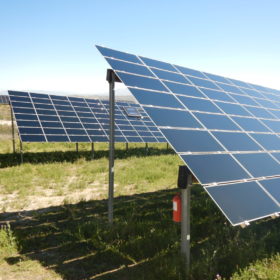Integration methodologies for solar-assisted heat pumps
Italian scientists have assessed the technical potential of vapor compression heat pumps assisted by photovoltaic-thermal systems. They analyzed two main configurations of this combination describing the advantages and disadvantages of both solutions. The cheapest and easiest to deploy system is a single-source direct-expansion (DX) configuration for hot water for space heating or domestic hot water.
The Hydrogen Stream: GCL will use Ethiopian natural gas to feed its ammonia and blue hydrogen
Plus there is news this week of a green hydrogen tie-up in India, plans for another German production facility, and of new hydrogen transport networks for Switzerland and the U.S.
Europe had just 650 MW of solar cell manufacturing capacity at the end of 2020
The latest update to the Photovoltaics Report produced by research organization the Fraunhofer ISE has offered up the usual slew of interesting stats on the state of solar across the continent.
Maxeon secures EU cash to make its ‘stick-on’ solar panels in France
The TotalEnergies-controlled solar manufacturer will secure an, as yet undetermined chunk of a new €118.6 million low-carbon innovation fund to start producing its frameless, glass-free solar roofing products at Porcelette, in northeastern France.
Italy’s Eni to acquire 1.2 GW renewable project portfolio in Spain
Independent asset manager Azora is selling the renewable energy portfolio, which includes five large solar PV parks totaling 1 GW in advanced stages of development, located in Andalusia, Castilla-La Mancha, Castilla y León, Catalonia, Galicia, and La Rioja, to Eni.
‘Polysilicon shortage will continue through 2021’
The latest global PV industry outlook published by trade group SolarPower Europe, has indicated tight supply of the solar panel raw material is expected to persist this year but the trade body said it would be unlikely to drive further price rises.
Storage, curtailment could support 130 GW of PV in Italy by 2060
A group of scientists argue that centrally managed, flexible PV fleets could be an optimal solution for Italy. And they claim that a mix of storage and curtailment could facilitate the deployment of 130 GW of PV by 2060 at a minimal cost.
The Hydrogen Stream: Plans for $75bn, 50 GW green energy hub in Western Australia
Plus, as the European Commission prepares to present its ‘Fit for 55’ climate change package tomorrow, European companies are continuing to develop hydrogen plans, including Shell in Norway and Siemens in Germany.
When does revamping pay off?
With projects in many PV markets aging past the 10-year mark – with major leaps in technology having occurred in that time – revamping is a popular topic among asset owners. pv magazine spoke with Asier Ukar, general manager of the Spanish subsidiary of German engineering company PI Berlin, to uncover the benefits of revamping PV projects with new components and also to examine the challenges and risks involved.
The Hydrogen Stream: Italy’s Eni lays out plans in Algeria and Egypt, UAE joins race with help from Japan
Italian energy company Eni is partnering with local companies in Algeria and Egypt to explore the possibility of producing green and blue hydrogen in the North African countries. The United Arab Emirates is also collaborating with Japanese partners to develop the country’s hydrogen sector, while in New York, hydrogen has arrived in Long Island.









